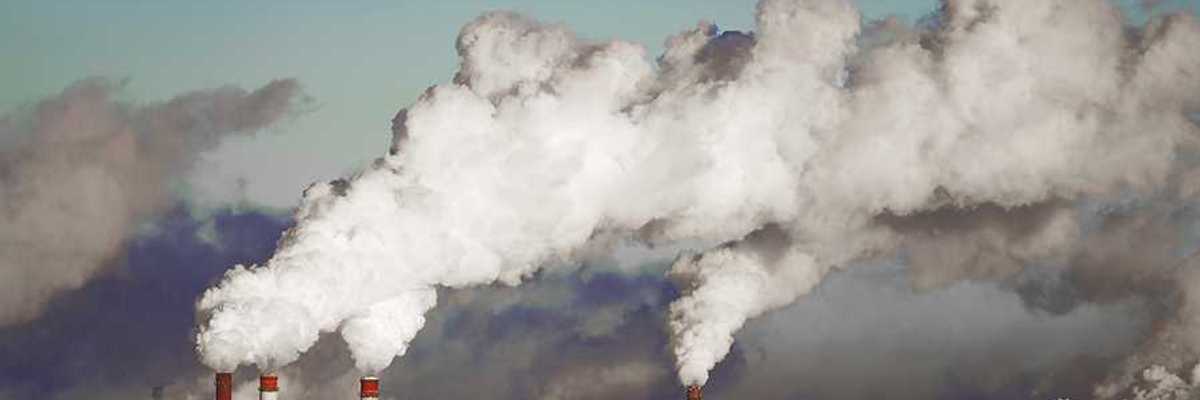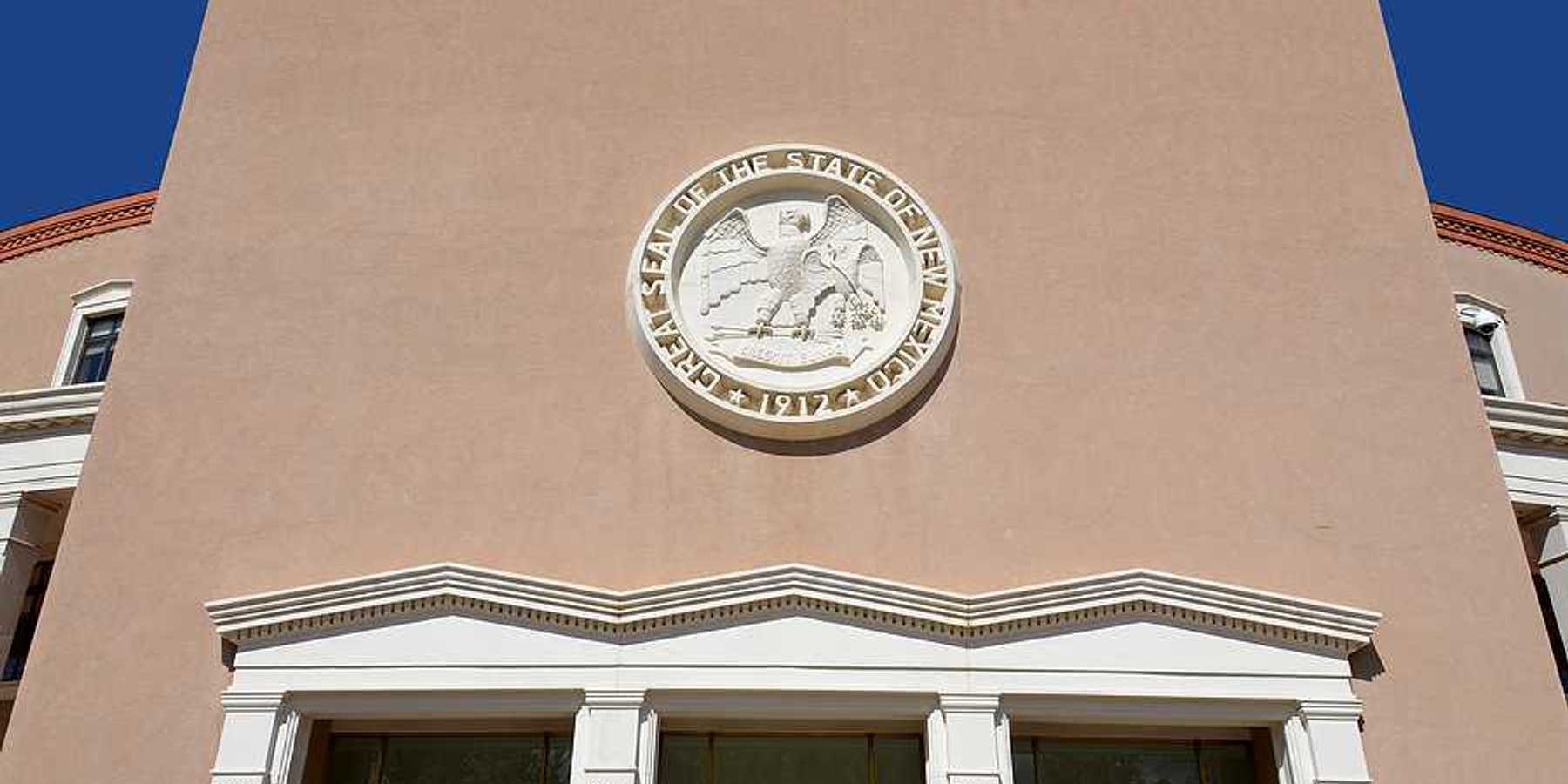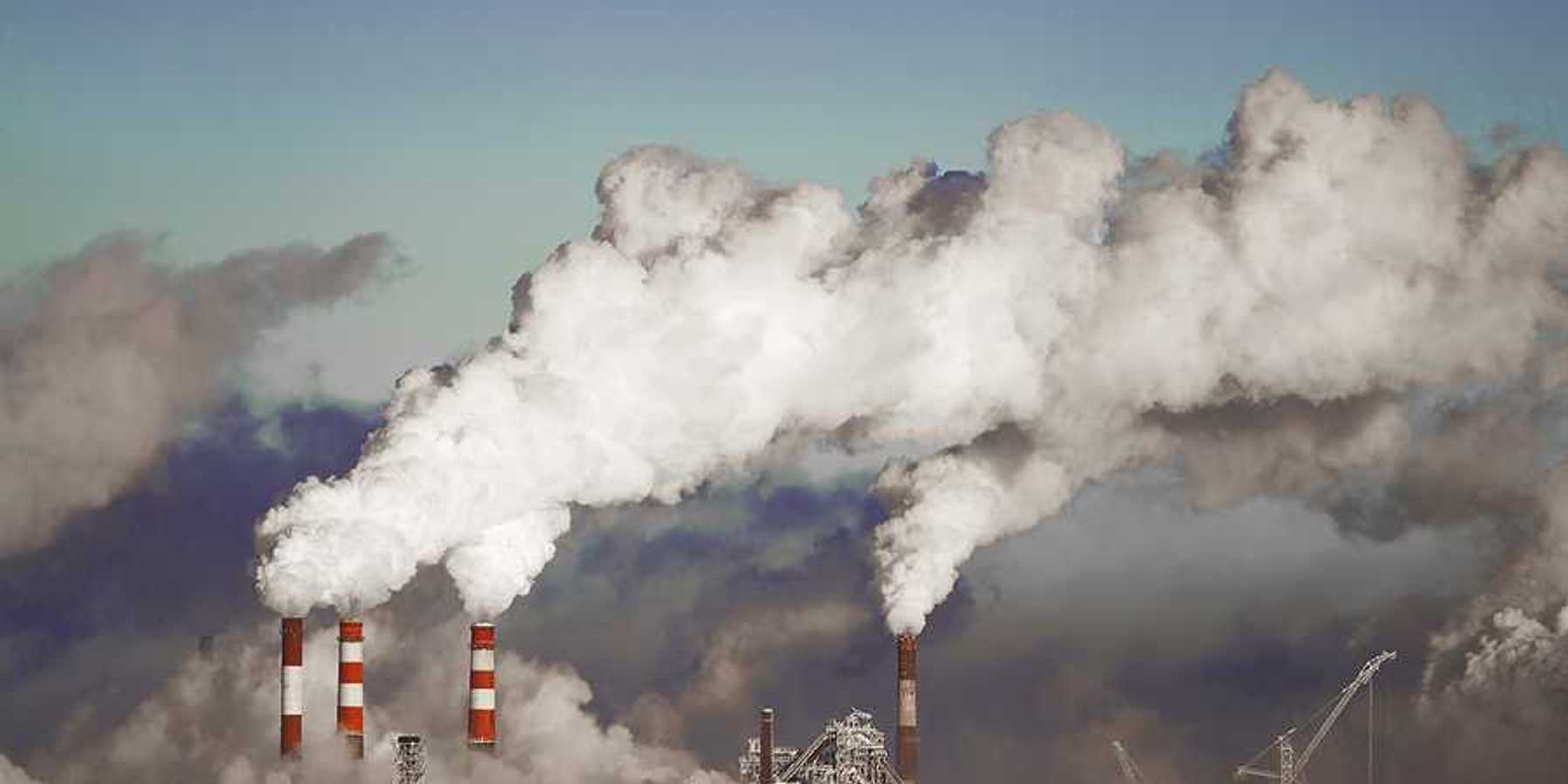rainforest
Amazon rainforest inhabitants share plan to save their home
Inhabitants of the Amazon have created a comprehensive plan to prevent climate and ecological collapse, focusing on ending fossil fuel subsidies and securing Indigenous land rights.
In short:
- The Pan-Amazon Social Forum (FOSPA) gathered Indigenous and local communities to discuss strategies to protect the Amazon rainforest.
- Participants criticized international climate talks and emphasized the need for direct action and local knowledge.
- The proposed plan includes ending fossil fuel subsidies, securing land rights and prioritizing biodiversity hotspots for conservation.
Key quote:
“We are being suffocated by large enterprises.”
— Vanuza Abacatal, leader of a Quilombola community in Para, Brazil.
Why this matters:
The Amazon rainforest plays a critical role in regulating the global climate, and study after study have shown that Indigenous communities with secure land tenure have the best conservation outcomes, even compared to national parks. However, the rainforest faces unprecedented threats from deforestation, illegal mining and oil extraction. Indigenous leaders argue that continuing to support fossil fuel industries through government subsidies only exacerbates these threats, accelerating the pace of ecological destruction and climate change.
Wildfire impact on ancient rainforests examined
Amid increasing wildfires, researchers investigate how old-growth rainforests on the West Coast could adapt to the changing climate.
In short:
- Brian Harvey and his team study the regeneration of old-growth rainforests after wildfires, noting the importance of these forests for carbon storage.
- Despite typically wet conditions that deter fires, recent climate trends and dry spells have led to more frequent and severe wildfires in these regions.
- The resilience of these forests is under scrutiny, with efforts to understand how they can be protected in the face of escalating fire risks.
Key quote:
“The dynamics of these forests really unfold over multiple human lifetimes."
— Brian Harvey, University of Washington forest fire ecologist
Why this matters:
As wildfires continue to flare up with increasing frequency and intensity on the West Coast, a question arises: How will the region’s ancient rainforests withstand the onslaught of climate change? These verdant expanses, some of which have stood for millennia, are iconic landscapes and also act as vital ecological strongholds that harbor a rich biodiversity and play a crucial role in carbon sequestration.
Deforestation falls for 8th straight month in the Amazon rainforest, but rises in the cerrado
Deforestation in the Brazilian Amazon has decreased for the eighth consecutive month, but damage is rising in the cerrado, a tropical woody grassland that’s adjacent to Earth’s largest rainforest.
‘For us, the Amazon isn’t a cause, it’s our home’: the riverside communities stranded by the climate crisis
The historic drought in Brazil’s Amazon rainforest has reduced the Rio Negro to a trickle and put at risk the livelihoods of remote Indigenous and riverside communities.
Karen Charleson: Living in a rainforest without rain?
‘Our world hangs by a thread’: Indigenous activist asks US agri giant to stop destroying Amazon rainforest
A21-year-old Indigenous activist from a remote Amazonian village will hand deliver a letter to the Cargill-MacMillan dynasty in Minneapolis on Thursday, calling on the billionaire owners of America’s biggest private company to stop destroying the Amazon rainforest and its people.
Five ways AI could improve the world: ‘We can cure all diseases, stabilise our climate, halt poverty’
Everyone wants a silver bullet to solve climate change; unfortunately there isn’t one. But there are lots of ways AI can help fight climate change. While there is no single big thing that AI will do, there are many medium-sized things.









